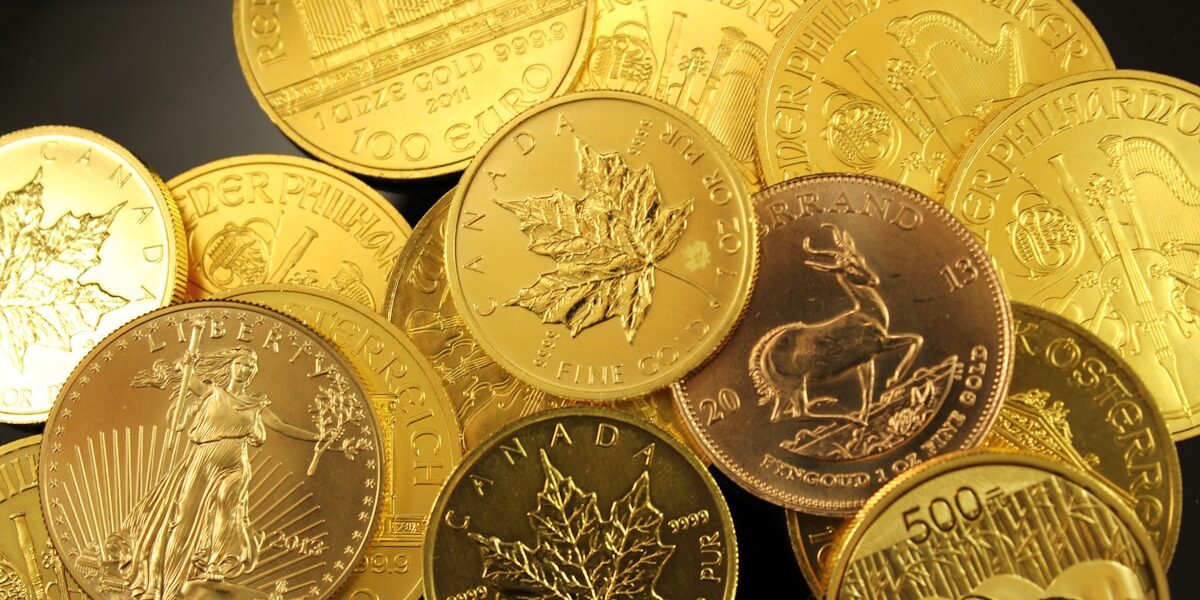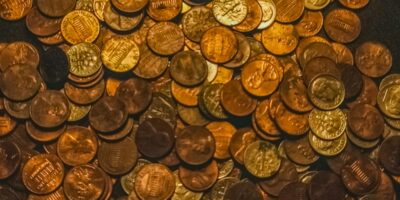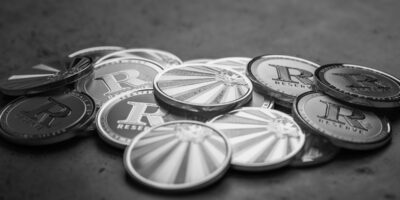Selling old coins can be both rewarding and profitable. Whether you’ve inherited a collection or gathered the coins yourself over the years, knowing how to sell them effectively is key to maximizing your return while ensuring the transaction is smooth and secure. In this comprehensive guide, we will explore the various aspects of selling old coins, from understanding their value to choosing the right selling platform.
**Understanding the Value of Your Coins**
Before you consider selling your coins, it’s crucial to understand their value. The value of old coins is determined by several factors including rarity, demand, condition, and metal content. To get a precise estimation:
1. **Research**: Use coin catalogues, online databases like the Professional Coin Grading Service (PCGS) or the Numismatic Guaranty Corporation (NGC), and books on coin collecting to identify your coins and learn about their history and rarity.
2. **Condition Assessment**: The condition of a coin significantly affects its value. Coins are graded on a scale from Poor (PR) to Perfect Mint State (MS-70). Getting your coins professionally graded can be a worthwhile investment, especially for higher-value items.
3. **Appraisals**: Consider getting a professional appraisal, particularly if your collection includes potentially valuable pieces. This can be done through reputable coin dealers or auction houses that specialize in numismatics.
**Selling Options**
Once you have an idea of the value of your coins, the next step is to choose where and how to sell them. There are several options:
1. **Online Auctions**: Platforms like eBay are popular for selling coins. They offer a large audience but require good knowledge of how to list and present items effectively.
2. **Coin Dealers**: Selling directly to a coin dealer is one of the quickest ways to sell coins. Make sure to choose a reputable dealer to get a fair assessment and price.
3. **Coin Shows**: These events offer the opportunity to meet multiple dealers and collectors in one place, allowing for competitive pricing and immediate transactions.
4. **Auction Houses**: For very valuable collections, consider a specialized auction house. These establishments can attract serious collectors willing to pay top dollar for rare items.
5. **Online Marketplaces**: Besides eBay, other platforms like Heritage Auctions or Stack’s Bowers offer a more specialized audience for coin selling.
**Preparing Coins for Sale**
Presentation can significantly influence buyers’ perceptions and the final sale price of your coins. Here are some tips for preparing your coins:
1. **Handle with Care**: Always handle coins by the edges to avoid fingerprints on the surfaces. Use cotton gloves for added protection.
2. **Packaging**: Use proper coin holders or capsules to protect the coins’ condition. This is especially important if you’re shipping them to a buyer.
3. **Documentation**: Provide any historical information, grading certificates, and appraisals to potential buyers. This information can increase a coin’s desirability and value.
**Legal and Financial Considerations**
When selling old coins, it’s important to be aware of legal and financial implications:
1. **Tax Implications**: Depending on your location, you may be liable to pay taxes on the profits made from selling your coins. Consult with a tax professional to understand your obligations.
2. **Payment Methods**: Ensure that you use secure and traceable payment methods. For high-value transactions, escrow services can provide additional security.
3. **Counterfeits**: Be aware of counterfeit coins and buyers. Always use reputable platforms and dealers to avoid scams.
**Conclusion**
Selling old coins can be a fulfilling endeavor, bringing both financial gain and the joy of connecting with fellow numismatics. By understanding the value of your coins, choosing the right platform for selling, preparing your coins properly, and being aware of legal and financial issues, you can ensure a successful and rewarding experience. Remember, the key to successful selling lies in your preparation and knowledge of the field.



Leave a Reply